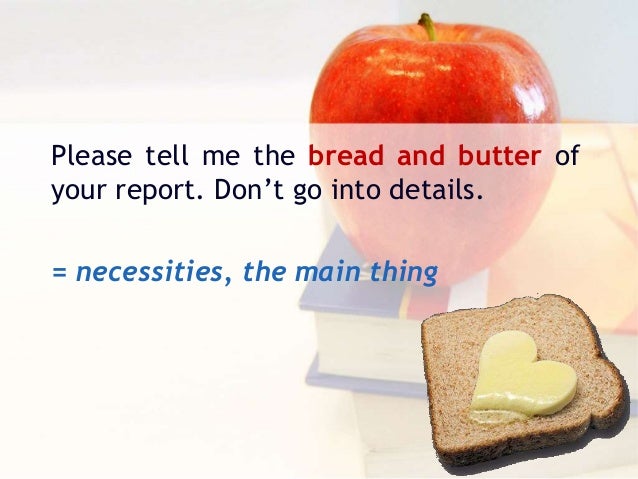Before the Lesson
Greetings
Good morning, everyone.
Good afternoon, class.
How are you this morning, Martina?
Martina, how are you today?
Do you have a cold?
What a lovely day!
What a rainy day!
Isn’t it warm this morning?
It’s a humid day, isn’t it?
Today is very cold, isn’t it?
Role call
Adriana? Yes / Here
Is Adriana absent today? No, she is coming. Yes, she’s absent.
Where is Peter? He is absent. He is in the office.
Beginning the Lesson
Please sit down, everyone.
Let’s begin today’s lesson.
It’s time to begin, please stop talking.
Let’s quickly review the last lesson.
Try to answer my questions.
Right / Correct / Nearly Right / Close / Almost
Let’s start on page 60. Let’s start at line 10.
Turn to page 12.
Please look at the blackboard.
Look at your textbooks.
Now open your textbooks to page 33.
Open your books at page number 7
Come to the blackboard.
Write this down in your notebooks.
Pass back these sheets/handouts.
Please listen carefully (to me).
Repeat!
Repeat after me.
Daniela, you read Bill’s part.
Read this out loud.
Alaitz, begin reading at line 5.
Okay, stop there, thank you.
Next, Paola.
What is the English/Japanese word for . . . ?
How do you say it in English?
Please summarize the first paragraph.
What is the paragraph/section/story about?
Let’s do some translation work.
Questions
Any questions?
Do you have any questions?
Now I’m going to ask you some questions.
Who knows the answer?
Raise your hand.
Please raise your hand if you don’t understand.
Try to answer by yourself.
Try again.
A full sentence, please.
Use a full sentence please.
Make a sentence.
Say it in a loud voice.
Louder, please!
Again, please.
Do you understand?
(I don’t understand.)
(I don’t know.)
(Please say it again.)
(Once more, please?)
Ending the Lesson
There will be no homework for today.
For homework, please do the exercises on page 9.
Today’s homework is . . .
Please read pages . . . to . . . for homework.
Tomorrow, we’ll study Lesson 6.
There’s the bell.
That’s all for today.
The lesson is over for today.
We’ve run out of time.
Goodbye, class.
See you on Friday.
Have a good day!
Have a nice weekend!
See you next week.
Good job today.
Expressions
- He gets on my nerves. Me pone de los nervios.
- Speak up please . Habla más alto por favor.
- I did it on purpose. Lo hice a propósito.
- Let's get the ball rolling. Empecemos con esto ya.
- The four corners of the earth. Los cuatro puntos cardinales.
- He's a tough nut to crack. Él es un hueso duro de roer.
- You'll have to twist his arm. Tendrás que presionarle.
- Give me ballpark figure. Dame una cifra aproximada.
- Me alegro de haber venido. I´m glad I came.
- It's on the tip of my tongue! ¡Lo tengo en la punta de la lengua!
- Iré directamente al grano... I´ll come straight to the point...
- He's a real odd-ball. Él es un bicho raro.
- It costs an arm and a leg. Cuesta un ojo de la cara.
- He's a know-it-all. Es un sabelotodo.
- It's no use telling me about it. No sirve de nada contármelo a mí.
- You're missing the point. No me has entendido bien.
- That's wishful thinking. Te estás haciendo ilusiones.
- I don´t have any spare change. No tengo suelto o cambio.
- Hay un virus rondando por ahi. There's a bug going around
- ¡Sigue así ! ¡Ya casi estás! Keep going!! you're nearly there!!
- ¡Quita las manos de ahí! Hands off!!
- Si no puedes con ellos,únete a ellos If you can't beat them, join them
- No me has entendido bien. You're missing the point.
- Hicieron un gran negocio They made a killing
- ¿De qué sirve quejarse? What's the use of complaining?
     count with me :1,2,3 count on me       |


No hay comentarios:
Publicar un comentario